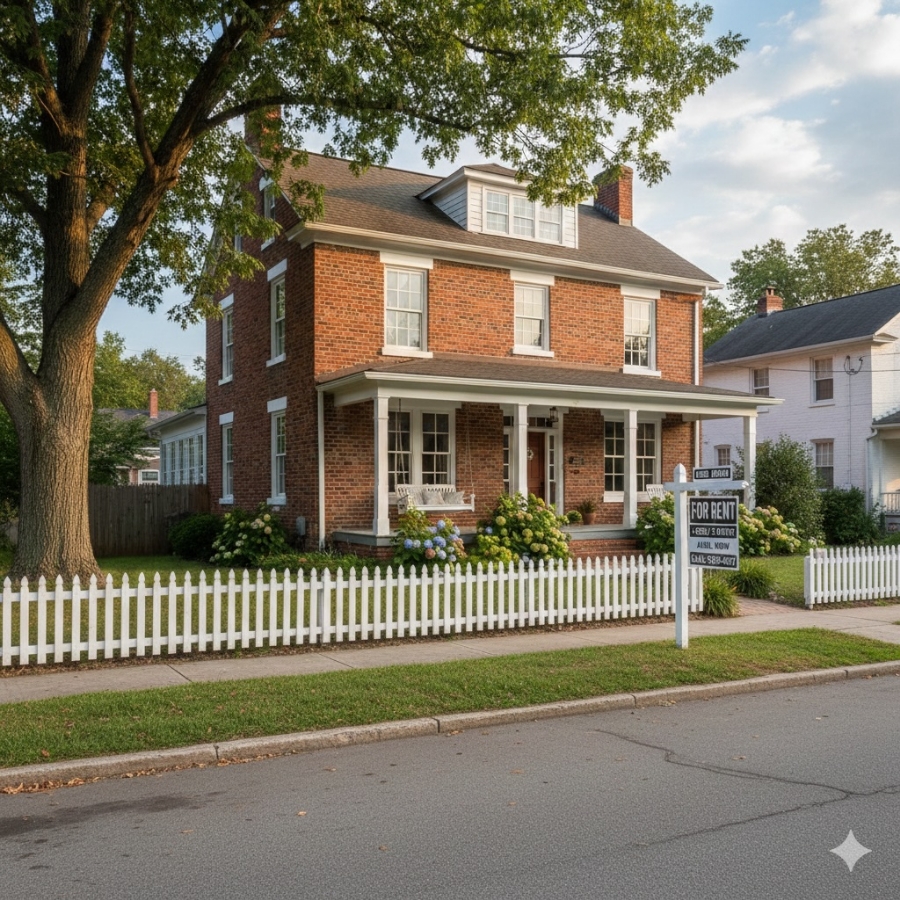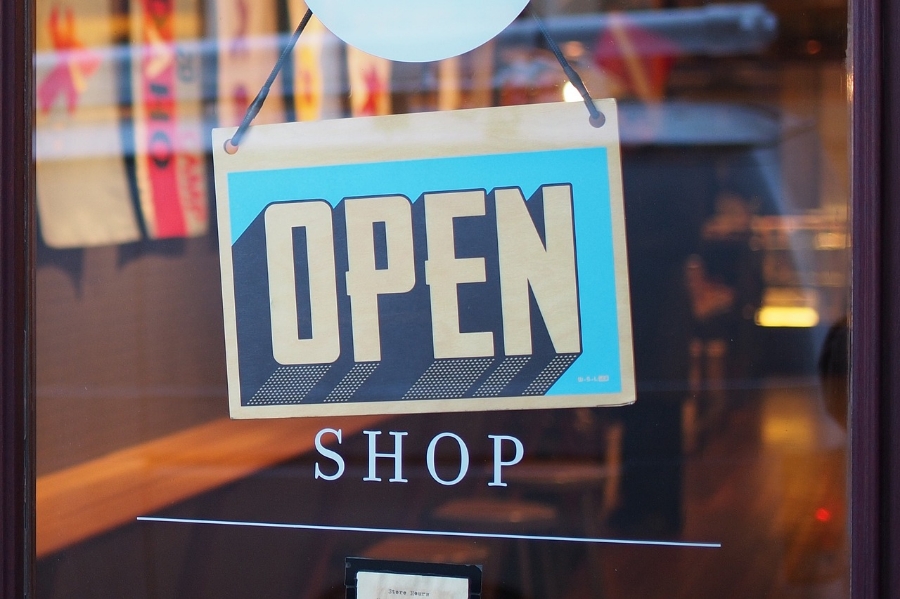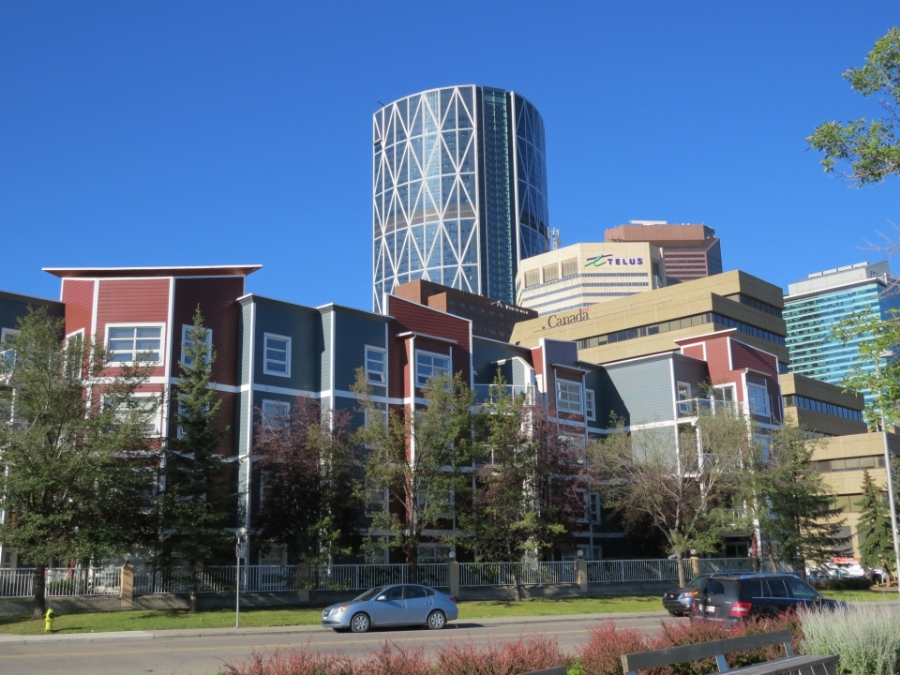You've given notice to your landlord and now it's time for you to move. Are you worried about getting your damage deposit back? If you follow this checklist, your landlord will not only have no reason to deduct money from your deposit, but they will recommend you to other landlords as an exemplary tenant!
Blog
Most states, provinces and territories - and many municipalities - have laws and regulations in place which protect residential tenants from being unfairly treated by landlords. But what about commercial business tenants? What kind of protection do they have under the law?
Are you looking for a home to rent or lease? Here is a checklist of important things to consider to help you find the rental premises that is ideal for your lifestyle and budget.
As a landlord, you put your property at risk when you list it on the rental market. You can reduce your risk and protect your investment by following a few simple rules.
When looking for commercial office, retail or warehouse space for your business, there are a number of issues you need to consider. This checklist will help you determine the pros and cons of each space, and allow you to compare each property you view in terms of its relative strengths and weaknesses.
What to do when life changes and you need to get out of your lease?
Let's say you're two years into a 5-year lease term and you get a new job that requires you to move to a different city. What do you do? Your only options are either to:
- get your landlord to agree to let you out of the lease early (which could be costly),
- find someone to take over the balance of the lease through an assignment, or
- subletting to another tenant who will rent the place for the balance of the lease term, which means you remain on the lease as the original tenant.
Most leases have a clause that permits assignment or subletting with the consent of the landlord, and this provision usually also states that the landlord cannot unreasonably withhold that consent. This means that the landlord must give their consent if there is no reason not to - for instance, if you can come up with a reputable candidate who can afford to sublease the property.
What are the risks of subletting?
But that same reputable candidate you find might get you into some legal hot water under the terms of your lease. For instance:
They may have pets (or friends) who cause damage to the rental unit that YOU will then be liable for.
They may have loud parties until all hours and cause trouble with the neighbours, which can end up in an eviction. YOU would then have to pay the landlord's legal costs to evict the subtenant.
They may fall behind in the rent, and YOU will be on the hook for it.
How can you limit your risks?
When you assign your lease to a subtenant, YOU are still responsible for your obligations under the lease unless your landlord releases you from those obligations in writing. Because a sublease is between you and the subtenant (NOT with the landlord), the subtenant has no legal obligation to pay the landlord unless they have agreed in writing to take over your responsibilities under the lease.
To limit your risk, keep in mind the following guidelines:
- Only assign or sublet to someone you trust.
- If you're assigning the lease, get a release from your landlord.
- If you're subletting, collect a security deposit from your subtenant. Find out what the maximum amount is and what the legal requirements are for holding and returning that deposit under the landlord-tenant laws in your area.
- Always put it in writing. Get your subtenant to sign a Sublease Agreement.
Image by Schluesseldienst from Pixabay
Congratulations! You've finally found an ideal location for your business, and you can start negotiating the lease with the landlord.
But what should you be looking for in the commercial lease agreement? Before you sign anything, review the lease and make sure it answers each of the following questions:
- Will you be given a copy of the building inspection report? If not, can you arrange for your own inspection?
- Is a drawing of the leased premises attached with the demised area clearly marked?
- What is the date of possession? What are your remedies if the space is not available to you on the date of possession?
- Are you required to obtain any approvals or comply with any local regulations or ordinances before you can commence business in the leased premises?
- How long is the rent-free period? When do the lease payments begin?
- How will your security deposit be handled? How long will it take to receive a refund of the deposit at the end of the lease term?
- Are there restrictions on your use of the space? What are those restrictions?
- What are the provisions for rental increases? How much prior notice will be given?
- Are tenants required to pay a portion of the property taxes for the building?
- What types of insurance coverage, in what amounts, are you required to carry?
- Which utilities and services will you be responsible for paying?
- What other costs are associated with the space (advertising, merchant association dues, etc.)?
- How much will the landlord pay towards your leasehold improvements?
- Are there any restrictions on what kind of signage you can have? Do you need to get the landlord's prior approval before installing your signs?
- What are the landlord's obligations for repairs and maintenance on the building, the common areas and your premises?
- How much are your common area maintenance costs?
- What are the provisions for renewal of the lease at the end of the term?
- Do you have the right to assign the lease or sublease any of the space?
- What are your rights in the event of eminent domain, foreclosure, or partial or total destruction of the premises?
- What happens if you default in any of your obligations?
- What are your remedies if the landlord defaults?
- Are you required to return the premises to its original condition at the end of the lease period? Based on the original condition, what will the costs be to do this?
- Is there an obligation to pay legal fees and costs in the event of a dispute?
If you are satisfied with the answers you get to these questions, you should submit a Letter of Intent (LOI) or a Lease Proposal to the landlord which sets out all the negotiable elements of the lease.
The LOI or proposal should set out such details as square footage, initial term, renewals, base rent, rent-free period, allowance for leasehold improvements, etc., as well as the relevant tone of your negotiations to date. This will allow the parties to continue to negotiate the final terms of the lease. Keep every draft as a paper trail documenting the negotiations.
Finally, have your lawyer review the lease BEFORE you sign. And never sign anything that you don't fully agree with.
Image by H. Cuthill
- 2025
- 2024
- 2023
- 2021
- 2020
- 2019
- 2018
- 2017
- 2016
- 2014
- 2013
- 2012
- 2011










